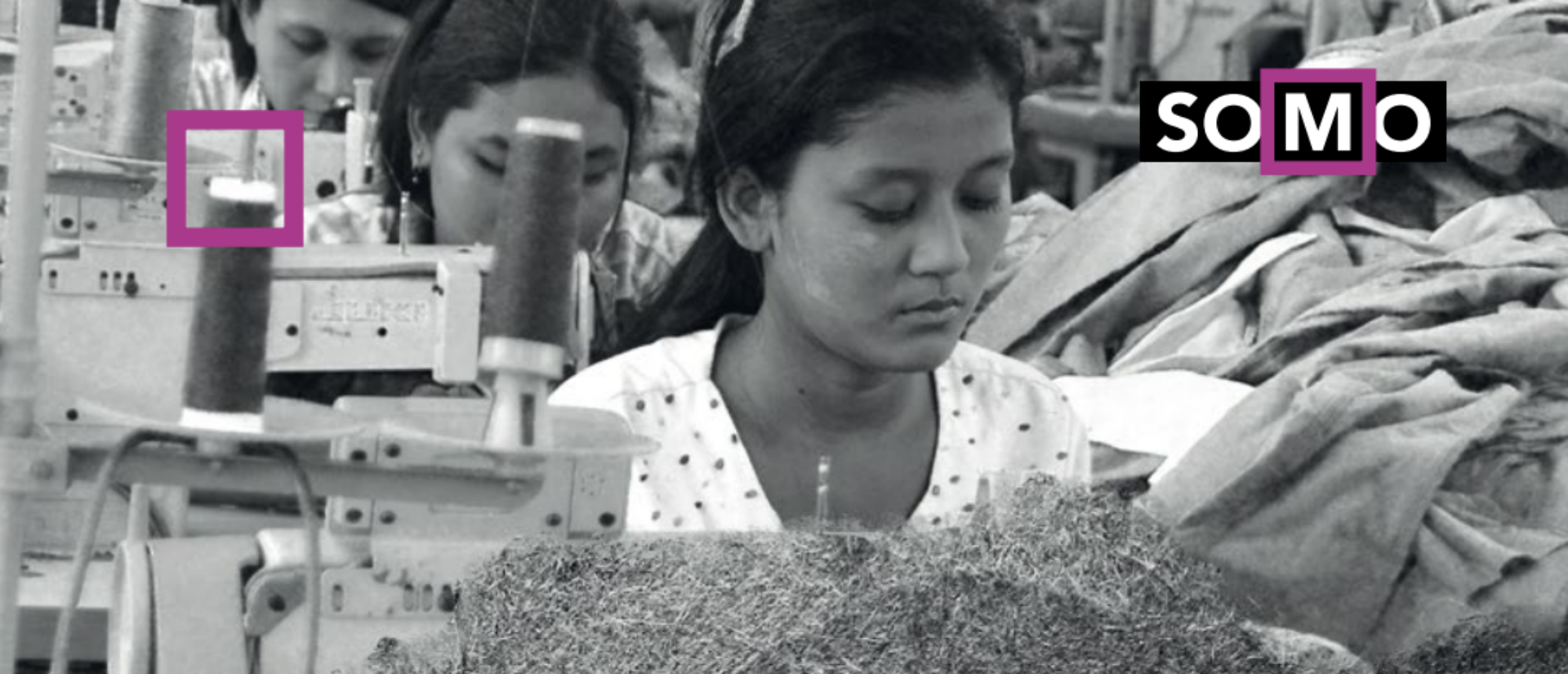
Hidden subcontracting in the garment industry
SOMO’s new fact sheet focuses on hidden subcontracting in the garment industry. It offers buying companies a set of recommendations to minimise the risk of unauthorised subcontracting and to ensure that production is taking place under decent working conditions.
Fact sheet: Hidden subcontracting in the garment industry
In November 2012, a horrific fire broke out at the Tazreen Fashions factory in Dhaka, Bangladesh, killing at least 112 factory workers. Although the fire alarm started, management staff ordered the workers to keep working. Survivors later testified that gates on several floors had been locked. Many workers jumped to their deaths trying to escape from the burning six storey building. Others, unable to escape the blaze, were burned alive. After the fire, labels and documents were found among the ashes and rubble linking the factory to various well-known brands, including Walmart and Sears. These two companies stated that they had no relation with Tazreen Fashions and that other suppliers had subcontracted production to Tazreen without their authorisation.
Severe human rights abuses
In many other occasions, international clothing brands have been linked to severe human rights abuses taking place at workplaces that were incorporated into their supply chains through unauthorised subcontracting arrangements. Other brands, for example, have been linked to slave labour in Brazilian sewing workshops and forced labour in Vietnamese drug detention centres.
Pressure on low prices and fast delivery
In order to meet tight deadlines and to be able to complete unanticipated orders, manufacturers may subcontract certain production processes to other factories and workplaces, without informing the buyer. In this way, even complete orders may be shifted by the contractual supplier to unknown suppliers. The subcontracted factories and workplaces are not formally part of the buyer’s supply chain and thus corporate social compliance audits do not take place there. Such workplaces may be unregistered, informal enterprises where no taxes are paid, and where governmental labour inspections do not take place at all. There is a great risk of workplaces with substandard conditions being incorporated into a brand or retailer’s supply chain. The enormous pressure on low prices and fast delivery, coupled with volatile relationships in the garment industry, has led to increasing levels of unauthorised subcontracting in production countries
Know your supply chain
International clothing brands and retailers have a responsibility to prevent and address human rights violations in their own operations and in their supply chains, including subcontracted units. To fulfil this responsibility first of all brands and retailers should know where their products are being made. Without such knowledge, addressing human rights risks is impossible. Second, brands and retailers should enable – and not inhibit – respect for labour rights at their first and further tier suppliers. The fact sheet highlights how current business practices in the global garment industry are driving suppliers to subcontract production to other workplaces.
WellMade project
SOMO’s new fact sheet is the fifth in a series about labour conditions in the textiles and garments industry and is made for the WellMade project(opens in new window) . WellMade is a collaboration between the Fair Wear Foundation, Dutch trade union CNV, Christian Initiative Romero, Ethical Trading Initiative, and SOMO. Wellmade gives clothing brand buyers and retailers insight into the problems that exist within their production chains and offers concrete advice on how to make improvements.
Partners
Related content
-
Fact Sheet: Unsafe Garment Factory Buildings Published on:
 Pauline OvereemPosted in category:Publication
Pauline OvereemPosted in category:Publication Pauline Overeem
Pauline Overeem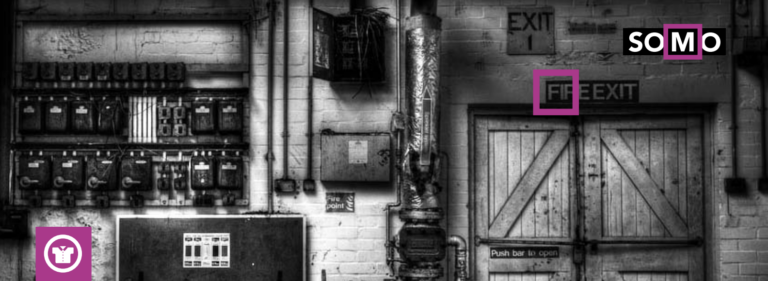
-
 Martje TheuwsPosted in category:Publication
Martje TheuwsPosted in category:Publication Martje Theuws
Martje Theuws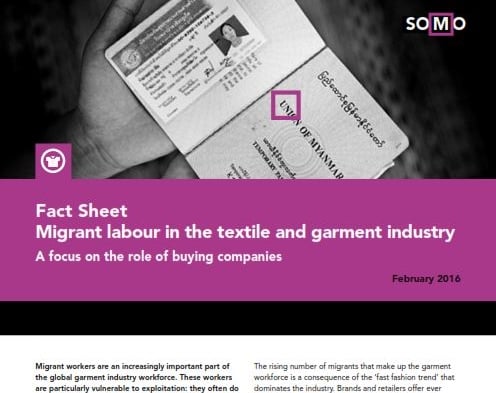
-
Fact Sheet: Forced labour Published on:
 Pauline OvereemPosted in category:Publication
Pauline OvereemPosted in category:Publication Pauline Overeem
Pauline Overeem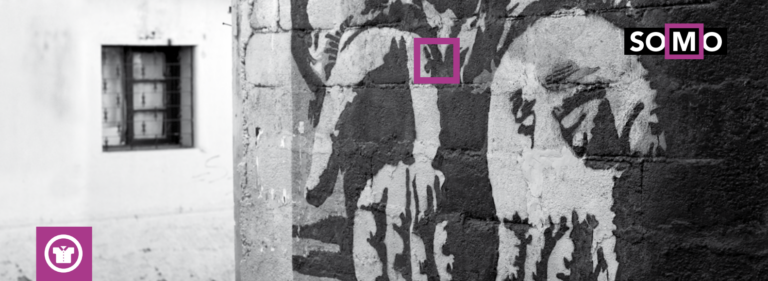
-
 Pauline OvereemPosted in category:Publication
Pauline OvereemPosted in category:Publication Pauline Overeem
Pauline Overeem
-
 Pauline OvereemPosted in category:Publication
Pauline OvereemPosted in category:Publication Pauline Overeem
Pauline Overeem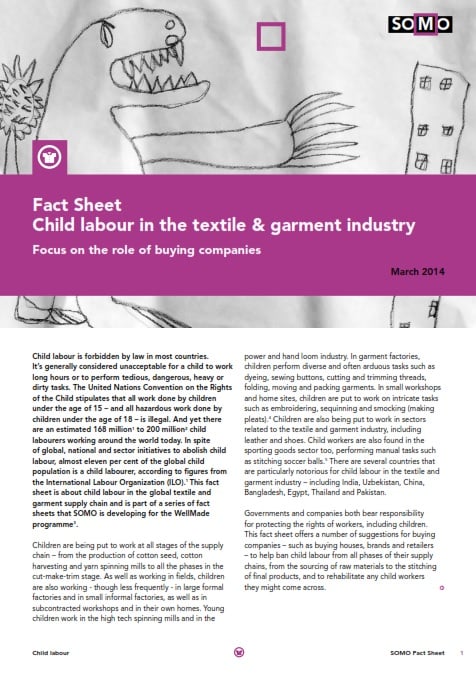
-

-
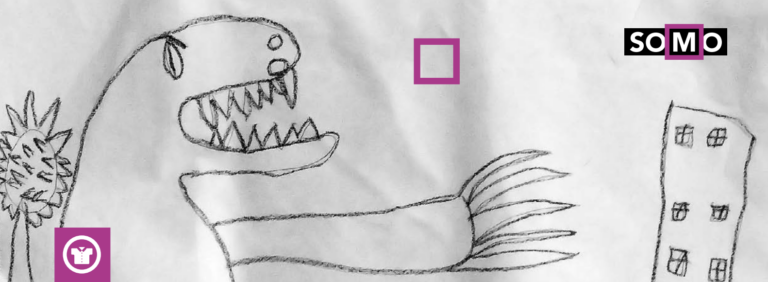 The new SOMO Factsheet offers brands and retailers ways to prevent child labourPosted in category:NewsPublished on:
The new SOMO Factsheet offers brands and retailers ways to prevent child labourPosted in category:NewsPublished on: -
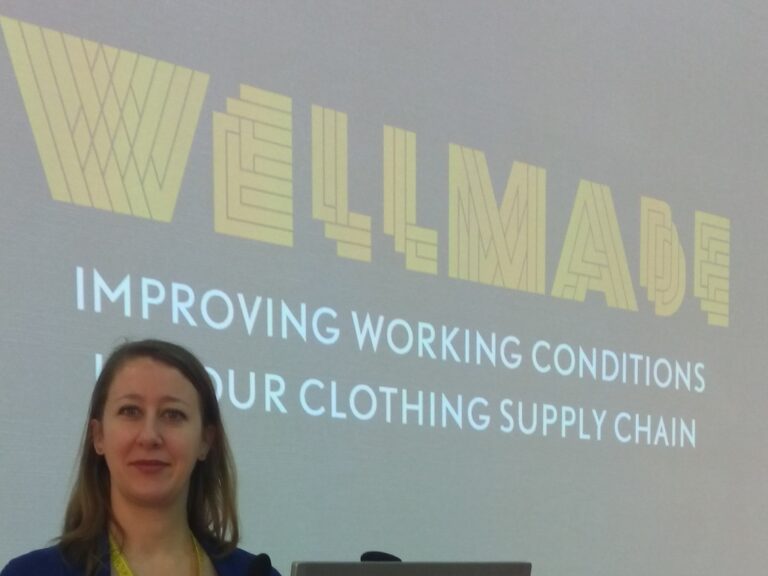
-
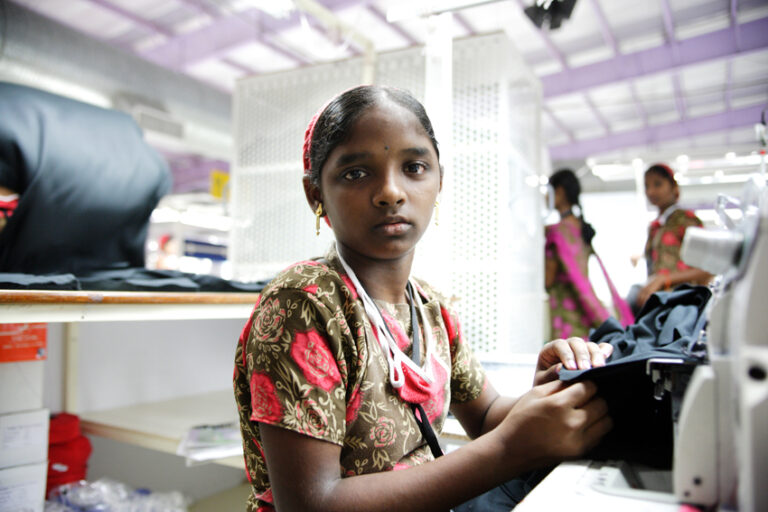
-
 Flawed Fabric – The abuse of girls and women workers in the South Indian textile industryPosted in category:NewsPublished on:
Flawed Fabric – The abuse of girls and women workers in the South Indian textile industryPosted in category:NewsPublished on:

